Unseen Tribes on the Brink: Why Influencers Could Unknowingly Trigger a Catastrophe
So, here’s the million-dollar question: when did social media influencers decide that chasing uncontacted tribes for views was a great idea? Believe it or not, the relentless hunt for the next viral clip isn’t just ruffling feathers—it’s threatening the very survival of some of the world’s most isolated indigenous peoples. According to Survival International, these off-grid tribes—many tucked away in the Amazon—are facing a perilous future because of rogue tourists and ‘wannabe adventurers’ eager to monetize every encounter. It’s a grim reality check: in the race for likes and clicks, ancient cultures might be wiped out within a decade. Who knew that going offline would become the latest trend in danger? Governments and companies better step up, or these self-sufficient groups might just vanish from the map forever. Intrigued? Dive deeper into what’s really going down.
Social media influencers are posing a ‘growing threat’ to the survival of uncontacted tribes, campaigners have warned.
Content creators are in constant competition with each other to create the most clickable videos – and those who prefer to live off grid are paying the price, according to Survival International.
A new report by the London-based organisation claims that half of the ancient tribes which still exist will likely be ‘wiped out’ within the next decade, due to the risk rogue tourists are presenting to isolated groups.
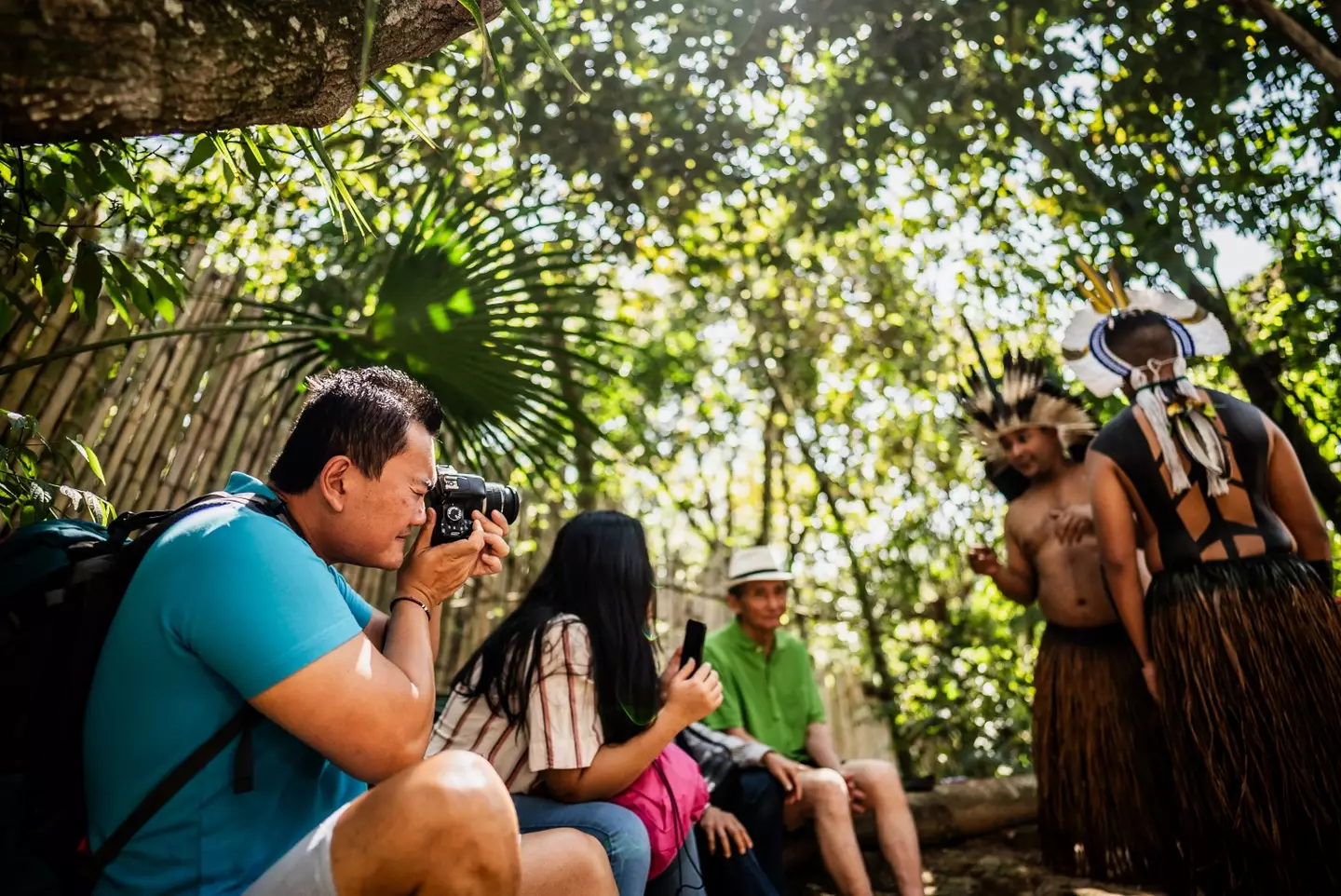
Missionaries, ‘wannabe influencers’ and ‘adventure tourists’ all pose a threat to the existence of isolated groups, the charity warns (Getty Stock Image)
Unless ‘governments and companies act’, the worrying trend could spell the end of these self-sufficient groups, the charity said.
Across the globe, there are now 196 uncontacted Indigenous groups and 95 percent of these are based in the Amazon rainforest, according to Survival International.
Making contact with some of these groups has cost a few people their lives – although on some rare occasions, there has been ‘peaceful’ meetings, as seen in this footage:
Still, Survival International say that these interactions are not worth running the risk of taking down entire tribes.
The charity, which champions the rights of tribal people, warned that vloggers heading to far corners of the world to visit these groups are taking the risk of spreading disease with them.
Uncontacted tribes are extremely vulnerable to illnesses we consider to be minor, such as the common cold, as they have little to no immunity from these ‘alien pathogens’.
Making contact is potentially ‘deadly’
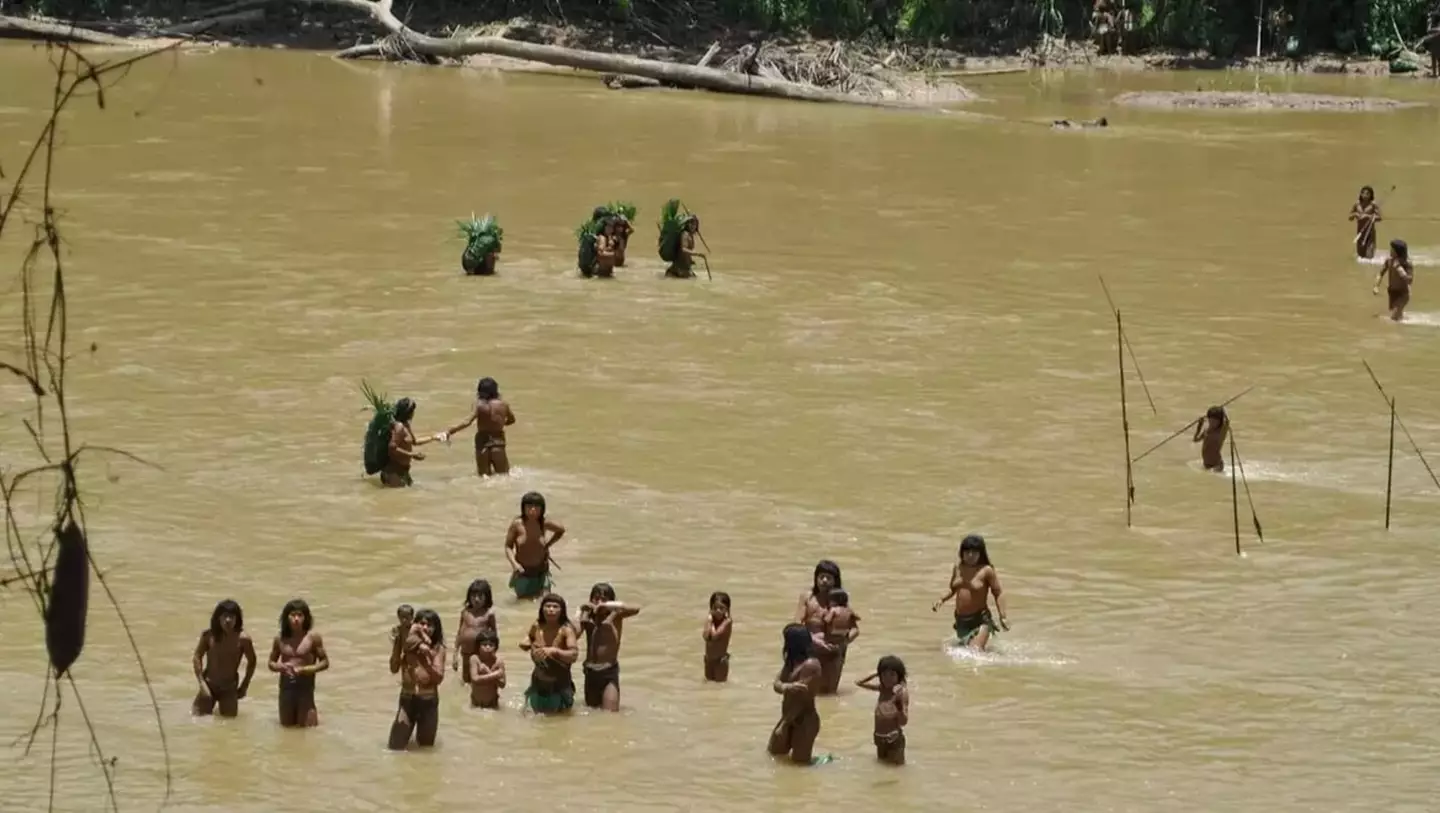
Survival International raised concerns about the health risks posed to the Indigenous Mashco Piro people just last month (Ministerio de Cultura de Perú)
Just last month, Survival International raised concerns that one of the largest uncontacted tribes in the world, the Mashco Piro, could be ‘wiped out’ after potential contact with outsiders.
The organisation also issued a stern warning in April, slamming a ‘reckless and idiotic’ US tourist who allegedly tried to visit the Sentinelese people and left them ‘offerings’.
Mykhailo Viktorovych Polyakov, 24, was arrested in India after being accused of setting foot in the restricted territory where the tribe live and ‘recording a video’ on his GoPro.
He is currently on bail but faces the prospect of serving jail time for the alleged stunt – and Survival International say these kind of antics from online figures are getting more and more frequent.
In the new report, titled Uncontacted Indigenous Peoples: At The Edge Of Survival, the charity said that it had noticed ‘surging numbers of influencers entering territories and deliberately seeking interaction’ with uncontacted tribes.

US tourist Mykhailo Viktorovych Polyakov allegedly tried to make contact with the Sentinelese people earlier this year (Survival International)
The report states: “Uncontacted peoples are threatened with deadly contact and land theft by those seeking to assimilate them, evangelize them, put them on YouTube – or, most often, exploit their land for profit.
“Forcing contact on uncontacted Indigenous peoples places others’ desires and profit above their rights and their survival.
“Many missionaries – who threaten one in six of all uncontacted groups – break local laws in their attempts to reach uncontacted peoples, as do wannabe influencers or adventure tourists.”
‘Stupid and dangerous’ stunts by influencers
Combined with the threat of criminal gangs as well as illegal logging and mining on their land, Survival International say that the protection of these tribal people has become more important than ever.
The organisation’s Asia Campaigns Director, Sophie Grig, told the Daily Mail that ‘wannabe adventurers’ are trying to grow their follower counts ‘by doing something incredibly stupid and dangerous for the uncontacted people’.
“We’ve witnessed a growing threat with the sort of rise of social media, the rise of influencers, and the monetisation of that,” she said.
Discussing the health risks that outsiders pose to Indigenous groups, she warned that contact with tourists is ‘incredibly dangerous’ for tribes as they ‘don’t have the same immunity to common diseases, so it’s really common for devastating epidemics to rip through uncontacted people’.
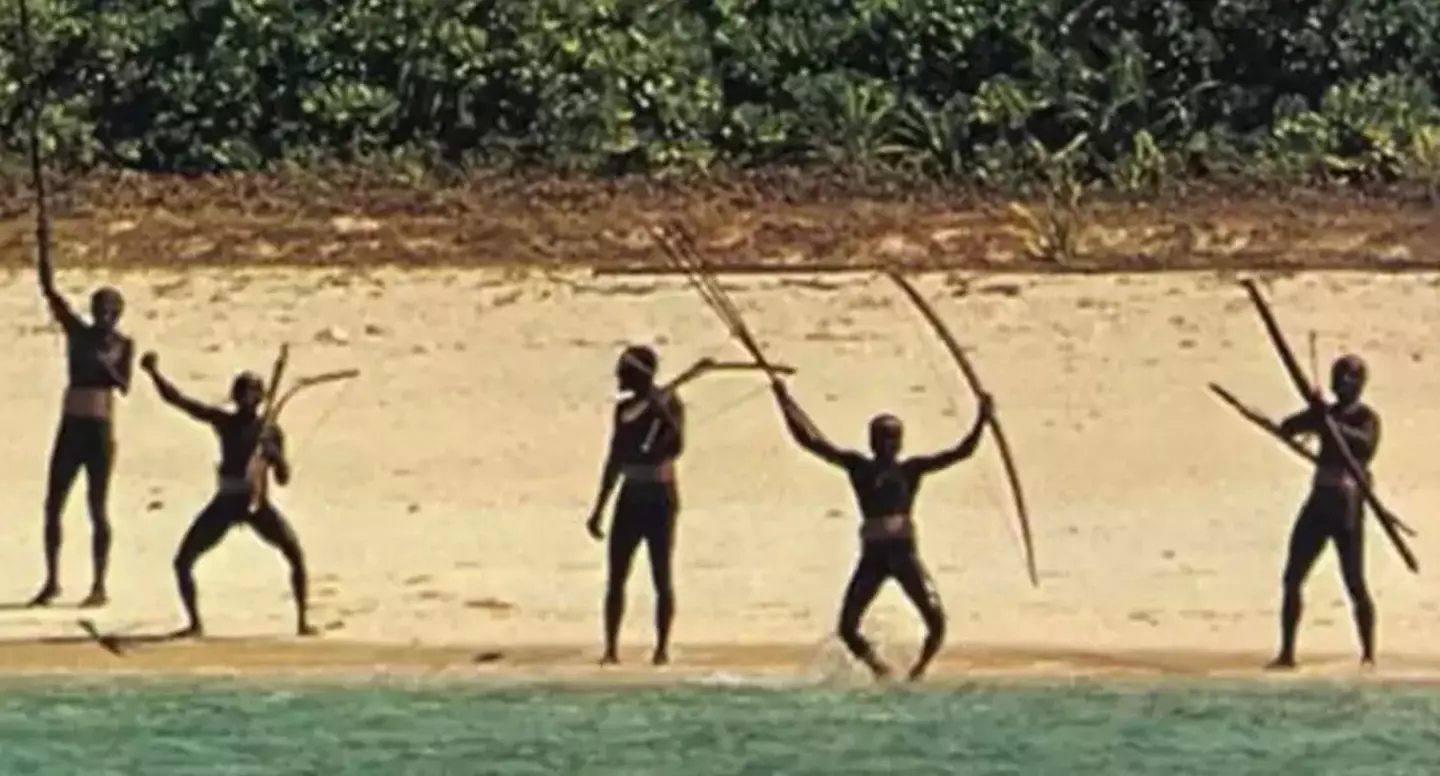
The isolated Sentinelise tribe are known for their hostility towards outsiders (Survival International)
“One small minimal contact could be fatal, and it’s not uncommon for 80 percent of a community to be wiped out,” Grig added.
Survival International also urged anthropologists and filmmakers to stop tracking down tribes ‘as an object of study without thought for the potentially devastating consequences’.
The charity claim to have a list of influencers and vloggers – including some who boast more than a million subscribers – who had bragged about making contact with uncontacted groups.
Other social media stars even ‘claim to have had ‘romantic relations’ with tribespeople, Survival International said.
The report concluded: “The results of contact are catastrophic – the devastating and predictable deaths of children, parents, siblings and friends on a genocidal scale.
“But uncontacted peoples are not living ‘entertainment’ for others, and their lives and rights cannot carelessly be exchanged for likes on TikTok or subscriptions to YouTube channels.”
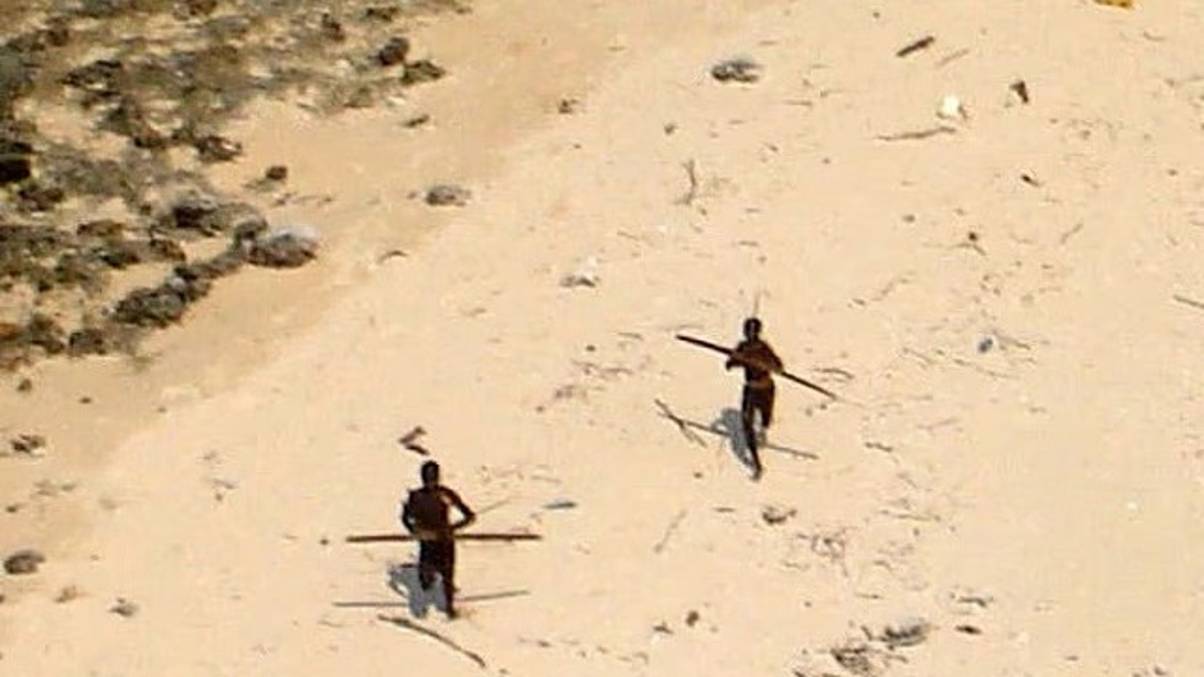





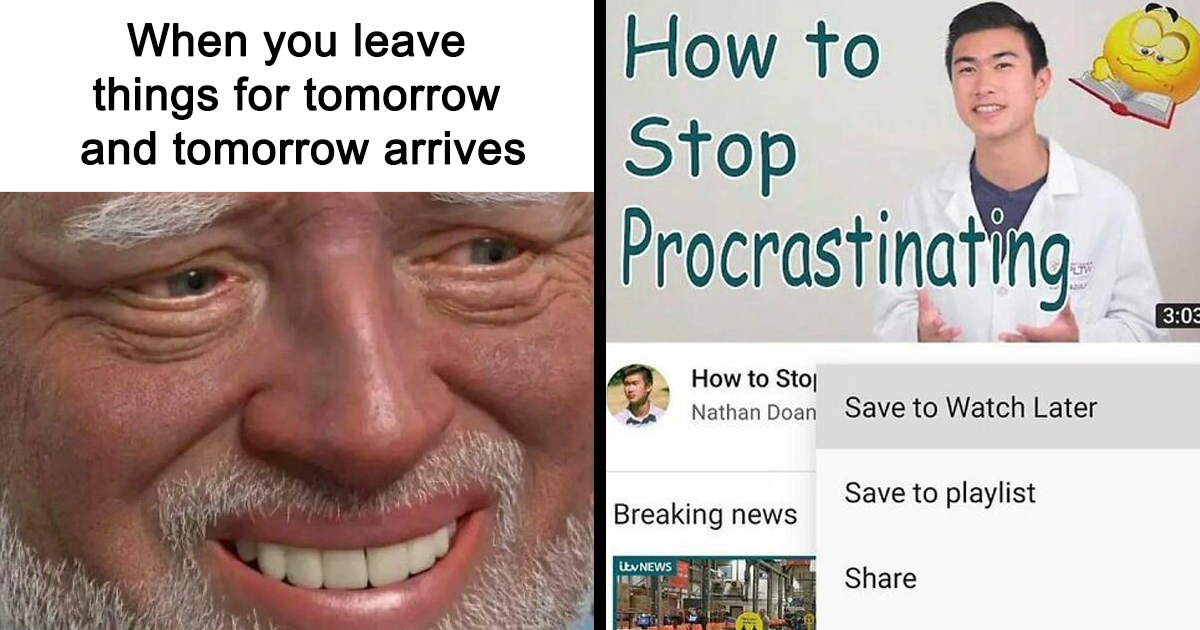

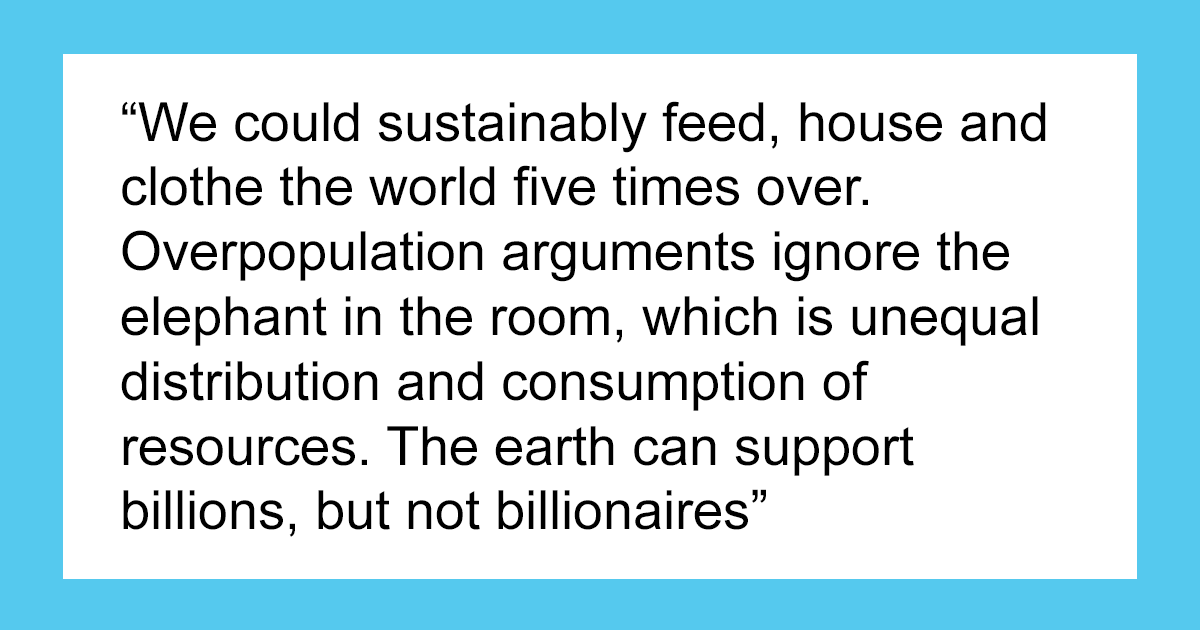

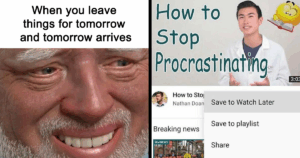

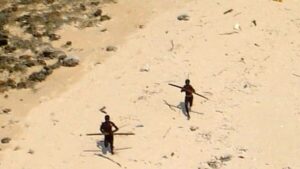






Post Comment